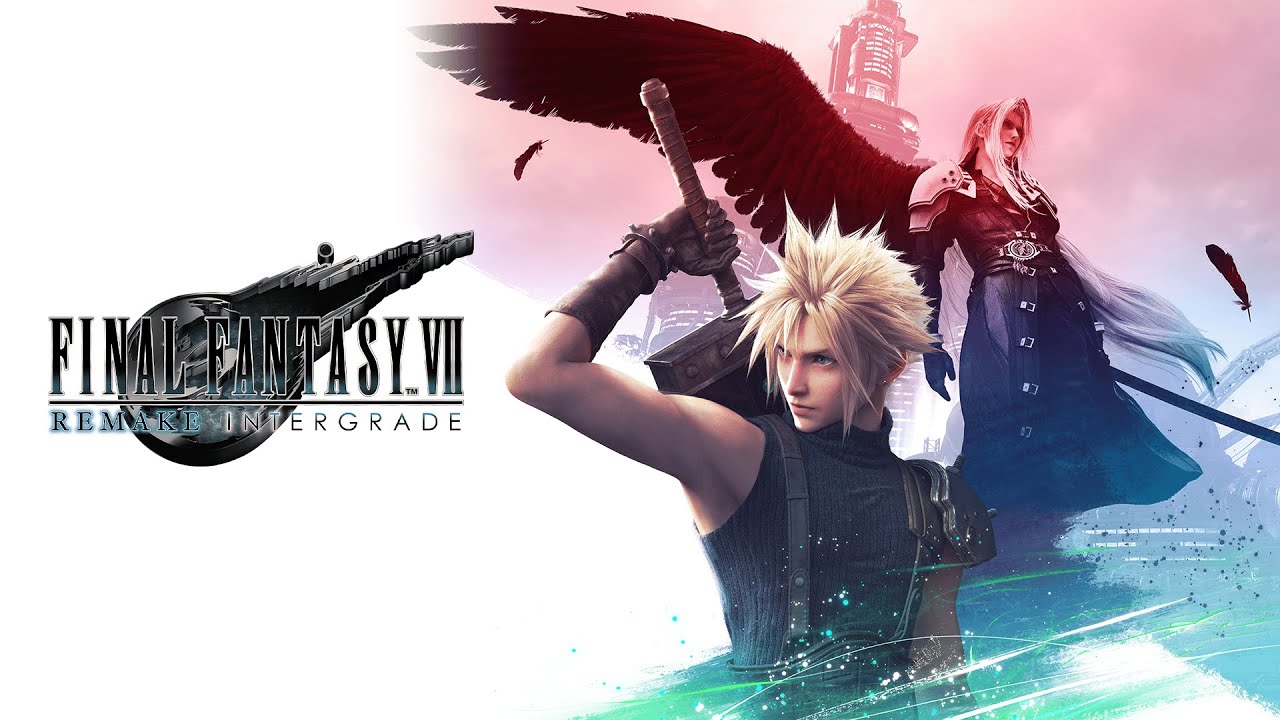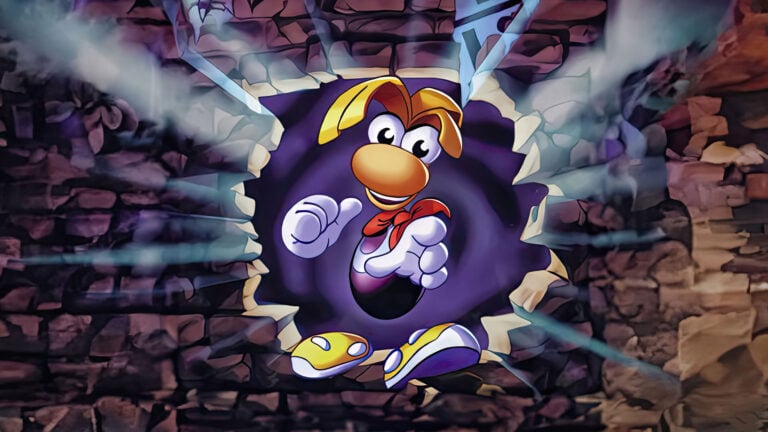Tomb Raider I-III Remastered, developed by Aspyr in collaboration with Crystal Dynamics and published for platforms including Nintendo Switch, PlayStation, Xbox, and PC, has reignited nostalgia for Lara Croft’s classic adventures.
Released on February 14, 2024, the collection meticulously updates the iconic PlayStation-era Tomb Raider titles, originally developed by Core Design, bringing them to modern audiences with revamped visuals and enhanced controls.
However, a recent update to the remastered trilogy has come under scrutiny due to allegations involving the use of generative AI to produce new dialogue in the French version of the game. The controversy surfaced when the Tomb Raider fan community noticed inconsistencies in the French audio of the latest patch.
The account @infinitytombraider.bsky.social was among the first to claim that new spoken lines in French had been created using artificial intelligence modeled after the voice of Françoise Cadol, Lara Croft’s long-time French voice actress.
According to the fan account, Cadol confirmed she was not approached to record additional lines for Tomb Raider I-III Remastered and had not provided consent for her voice to be recreated via AI methods.
She reportedly became aware of the situation only after the remaster’s launch and subsequent fan discussion. This development has sparked significant debate within the French dubbing community.
Many voice actors have voiced their opposition to the use of artificial intelligence in localizations, highlighting concerns over artistic integrity and unauthorized use of their likeness or vocal performances.
The ongoing #TouchePasMaVF ("Don’t Touch My French Version") campaign exemplifies the growing resistance among French voice actors to the training and utilization of AI models based on their original recordings.
The movement underscores a broader industry discussion about the ethical implications of leveraging AI in the creative process. In response to the controversy, Paul Douglas, co-creator of the original Tomb Raider with Toby Gard in 1996, issued a statement expressing his concern about the use of generative AI in legacy games.
Douglas emphasized the importance of maintaining respect for the voice actors who defined the characters and experiences beloved by fans over decades.
His remarks echo a wider sentiment among game developers and actors to ensure that advancements in technology do not come at the expense of creative professionals. Aspyr, the studio behind the remastered trilogy, has yet to issue an official response regarding these claims.
Tomb Raider I-III Remastered remains available across digital storefronts, including the Nintendo eShop, where it continues to attract both long-time fans and new players.
As the industry navigates the intersection between AI-driven technology and creative rights, the ongoing dialogue around Tomb Raider I-III Remastered signals a pivotal moment for how classic games are preserved and reimagined on modern hardware. This situation serves as a reminder of the evolving challenges in video game localization, particularly as developers revisit iconic franchises for platforms like the Nintendo Switch.
Until clearer industry standards are established, concerns surrounding AI and voice acting rights are likely to persist, calling for greater transparency and collaboration among developers, actors, and the gaming community.
Released on February 14, 2024, the collection meticulously updates the iconic PlayStation-era Tomb Raider titles, originally developed by Core Design, bringing them to modern audiences with revamped visuals and enhanced controls.
However, a recent update to the remastered trilogy has come under scrutiny due to allegations involving the use of generative AI to produce new dialogue in the French version of the game. The controversy surfaced when the Tomb Raider fan community noticed inconsistencies in the French audio of the latest patch.
The account @infinitytombraider.bsky.social was among the first to claim that new spoken lines in French had been created using artificial intelligence modeled after the voice of Françoise Cadol, Lara Croft’s long-time French voice actress.
According to the fan account, Cadol confirmed she was not approached to record additional lines for Tomb Raider I-III Remastered and had not provided consent for her voice to be recreated via AI methods.
She reportedly became aware of the situation only after the remaster’s launch and subsequent fan discussion. This development has sparked significant debate within the French dubbing community.
Many voice actors have voiced their opposition to the use of artificial intelligence in localizations, highlighting concerns over artistic integrity and unauthorized use of their likeness or vocal performances.
The ongoing #TouchePasMaVF ("Don’t Touch My French Version") campaign exemplifies the growing resistance among French voice actors to the training and utilization of AI models based on their original recordings.
The movement underscores a broader industry discussion about the ethical implications of leveraging AI in the creative process. In response to the controversy, Paul Douglas, co-creator of the original Tomb Raider with Toby Gard in 1996, issued a statement expressing his concern about the use of generative AI in legacy games.
Douglas emphasized the importance of maintaining respect for the voice actors who defined the characters and experiences beloved by fans over decades.
His remarks echo a wider sentiment among game developers and actors to ensure that advancements in technology do not come at the expense of creative professionals. Aspyr, the studio behind the remastered trilogy, has yet to issue an official response regarding these claims.
Tomb Raider I-III Remastered remains available across digital storefronts, including the Nintendo eShop, where it continues to attract both long-time fans and new players.
As the industry navigates the intersection between AI-driven technology and creative rights, the ongoing dialogue around Tomb Raider I-III Remastered signals a pivotal moment for how classic games are preserved and reimagined on modern hardware. This situation serves as a reminder of the evolving challenges in video game localization, particularly as developers revisit iconic franchises for platforms like the Nintendo Switch.
Until clearer industry standards are established, concerns surrounding AI and voice acting rights are likely to persist, calling for greater transparency and collaboration among developers, actors, and the gaming community.




